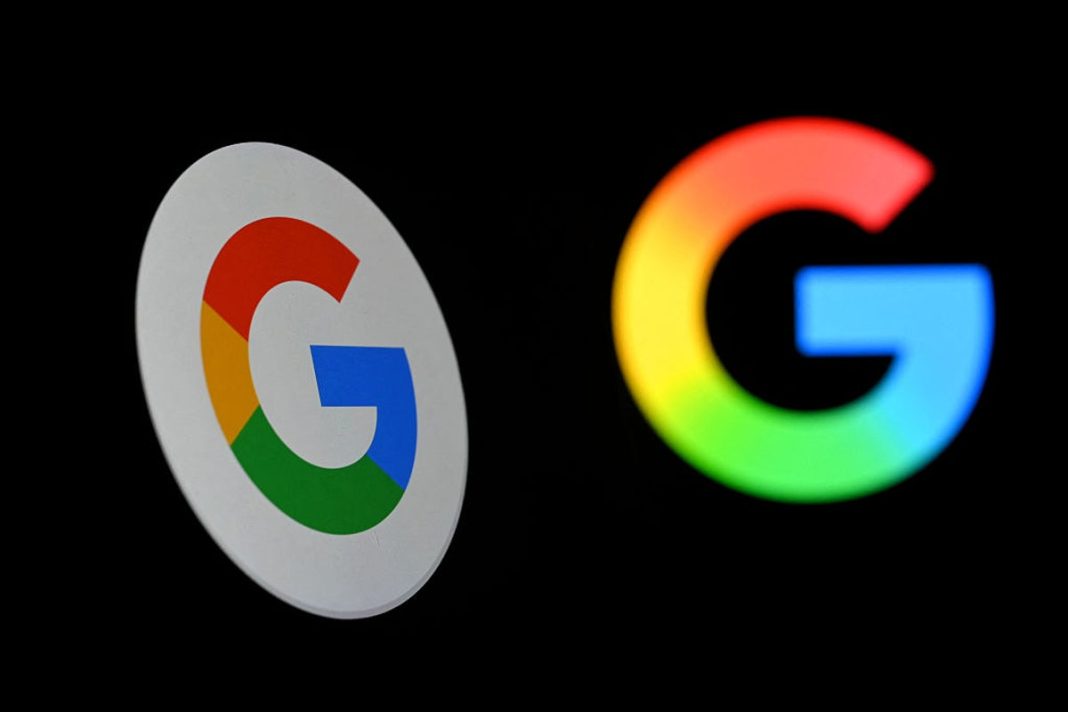Key Takeaways
- Google warns of fake VPN apps impersonating legitimate services to spy on users and steal money
- The threat impacts approximately 3.9 billion Android users worldwide
- Criminals use social engineering tactics and exploit geopolitical events to target vulnerable users
Google has issued a critical security alert about fake VPN applications that are being used by cybercriminals to spy on users and steal their financial information. The threat affects roughly 3.9 billion Android users globally who may be tricked into installing malicious apps that compromise their digital security.
How the VPN Scam Operates
One criminal operation involved a fraudulent security firm publishing VPN apps on official app stores to distribute malware and online scams. Laurie Richardson, Google’s vice president of trust and safety, explained: “These actors tend to impersonate trusted enterprise and consumer VPN brands or use social engineering lures, such as through sexually-suggestive advertising or by exploiting geopolitical events, to target vulnerable users who seek secure internet access.”
She added: “Once installed, these applications serve as a vehicle to deliver dangerous malware payloads including info-stealers, remote access trojans and banking trojans that exfiltrate sensitive data such as browsing history, private messages, financial credentials and cryptocurrency wallet information.”
Protection Guidelines from Google
Ms Richardson advised Android users to protect themselves by:
- Downloading VPN apps only from official sources
- Checking for apps with the VPN badge in the Google Play Store
- Carefully reviewing app permissions – a legitimate VPN shouldn’t need access to contacts or private messages
- Paying attention to browser download warnings
- Keeping antivirus software enabled
Additional Security Threats Identified
In a November scam advisory report, Google security analysts identified five other concerning trends:
- Online job scams
- Negative review extortion schemes
- AI product impersonations
- Fraud recovery scams
- Seasonal holiday campaigns targeting Black Friday and Cyber Monday shoppers
Web users are advised to beware of “too good to be true” deals with excessively low prices ahead of Black Friday on November 28. People should also remain cautious of texts or emails pretending to be from delivery companies that demand immediate action or payment of fees.





